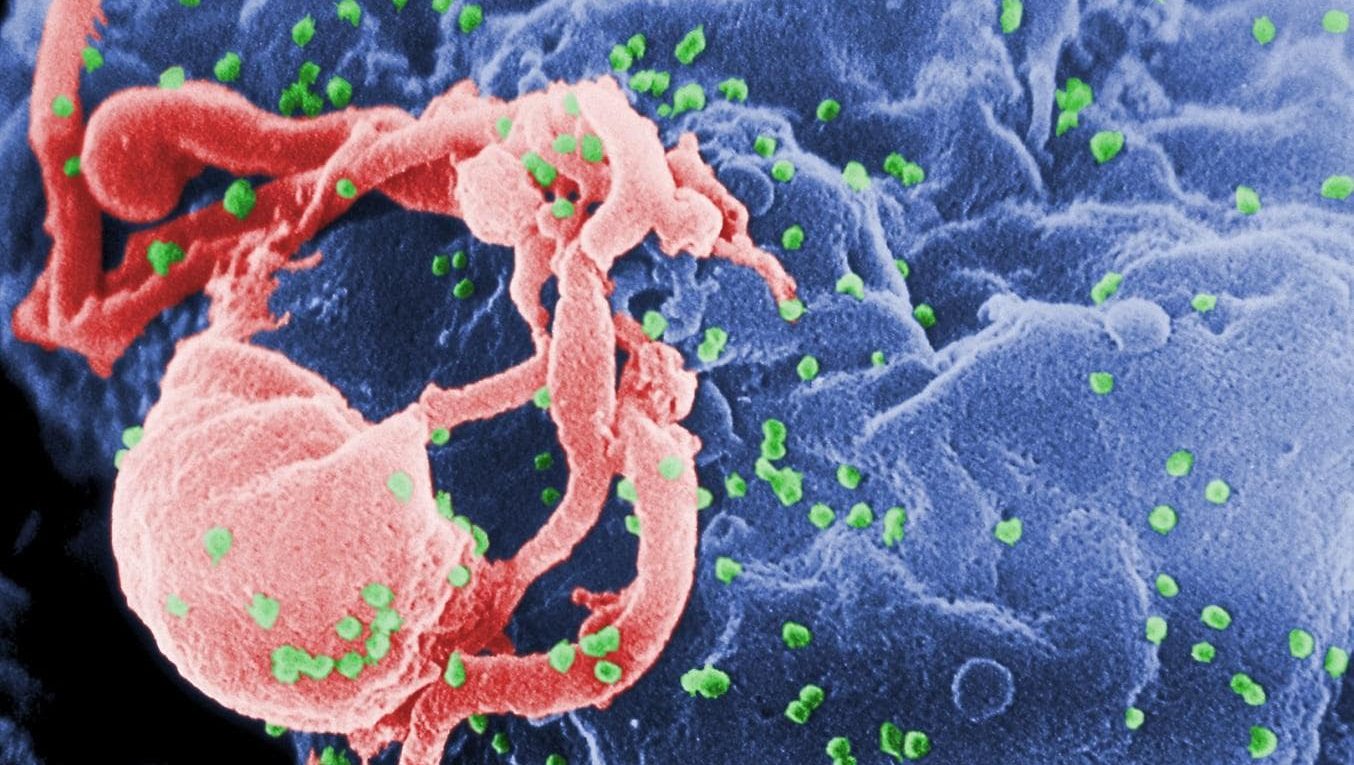Mumbai-based INVEX Health to soon launch India’s first oral HIV self-test
Mumbai-based INVEX Health is set to soon launch India’s first oral HIV self-test, the company announced on Tuesday.
The saliva-based test called Morcheck is currently the only third-generation HIV test that uses oral fluid instead of blood. It tests for both HIV 1 and 2.
HIV-1 was detected first and is more prevalent worldwide, while HIV-2 is less pathogenic and is mostly confined to West Africa.
Speaking to IANS, Anudesh Goyal, founder of INVEX Health, said Morcheck can detect antibodies – IgG, IgA and IgM – that are produced in response to HIV infection, allowing for early detection of the disease.
IgM peaks earlier than IgG when a person is HIV positive allowing for early detection of infection (3 weeks post infection).
“Morcheck is the only oral HIV self-test kit that has been tested and found to be stable and effective in climatic zone 4B conditions in India,” Goyal said.
The test requires no syringes, scalpels, or needles, and it eliminates the risk of a needle-stick infection.
Oral fluid testing also means higher participation rates, and is ideal for situations where blood samples are difficult to obtain.
Goyal told IANS that Morchek is “awaiting DCGI approval, which is expected within a month.”
While several studies (related to usability and performance) have been conducted on the Indian population, the company is also in discussion with the National Institute of AIDS Research for the clinical evaluation of an HIV self-test kit in India.
Globally, nearly half of countries (98) have incorporated HIV self-testing policies, and a quarter of countries globally (52) routinely implement them. However, India is among the countries that have not yet established a national policy on HIV self-testing.
UNAIDS aims that 95 percent of people living with HIV should know their status, 95 percent should receive antiretroviral therapy (ART), and 95 percent should be suppressed. them with the virus.
Antiretroviral therapy is a treatment for HIV, and it involves taking a combination of medications. While it cannot cure HIV, it can help people living with HIV live longer, healthier lives.
In India, as of March 2022, 77 percent of people living with HIV knew their status, 84 percent were on antiretroviral therapy, and 85 percent had viral suppression. This translates to 55 per cent of all HIV positive people in India experiencing viral suppression in 2021-22 against the target of 86 per cent viral suppression by 2025-26.
– Jans
rvt/prw/bg
(Only the title and image for this report may have been reworked by the Business Standard staff; the rest of the content is generated automatically from a shared feed.)
